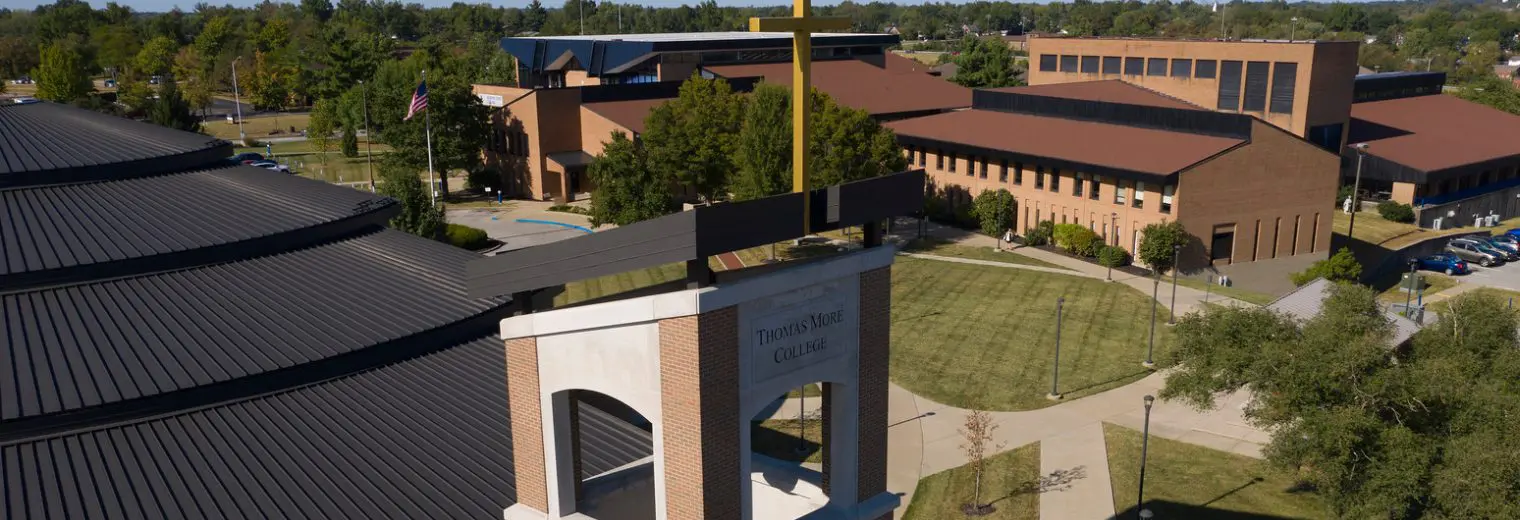
Marine Biology
Minor

As a biology minor (you can choose either a Bachelor of Arts or Bachelor of Science degree) at Thomas More, students in the marine biology minor are prepared to be future marine biologists with the skills they need to thrive in a very interdisciplinary and competitive field.
Reflecting the fact that a marine biologist could specialize in anything from genetics to population dynamics, a degree from Thomas More in biology provides our students with the fundamental skills and knowledge they need from across the field of biology while emphasizing marine systems. With hands-on labs and tailored internships, this program helps students discover the many diverse career paths in marine biology and pursue the career that suits their interests and skills.
